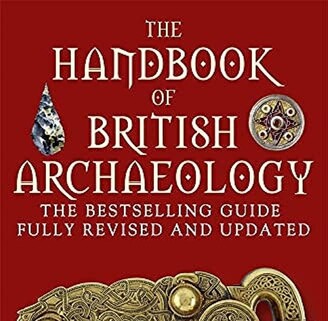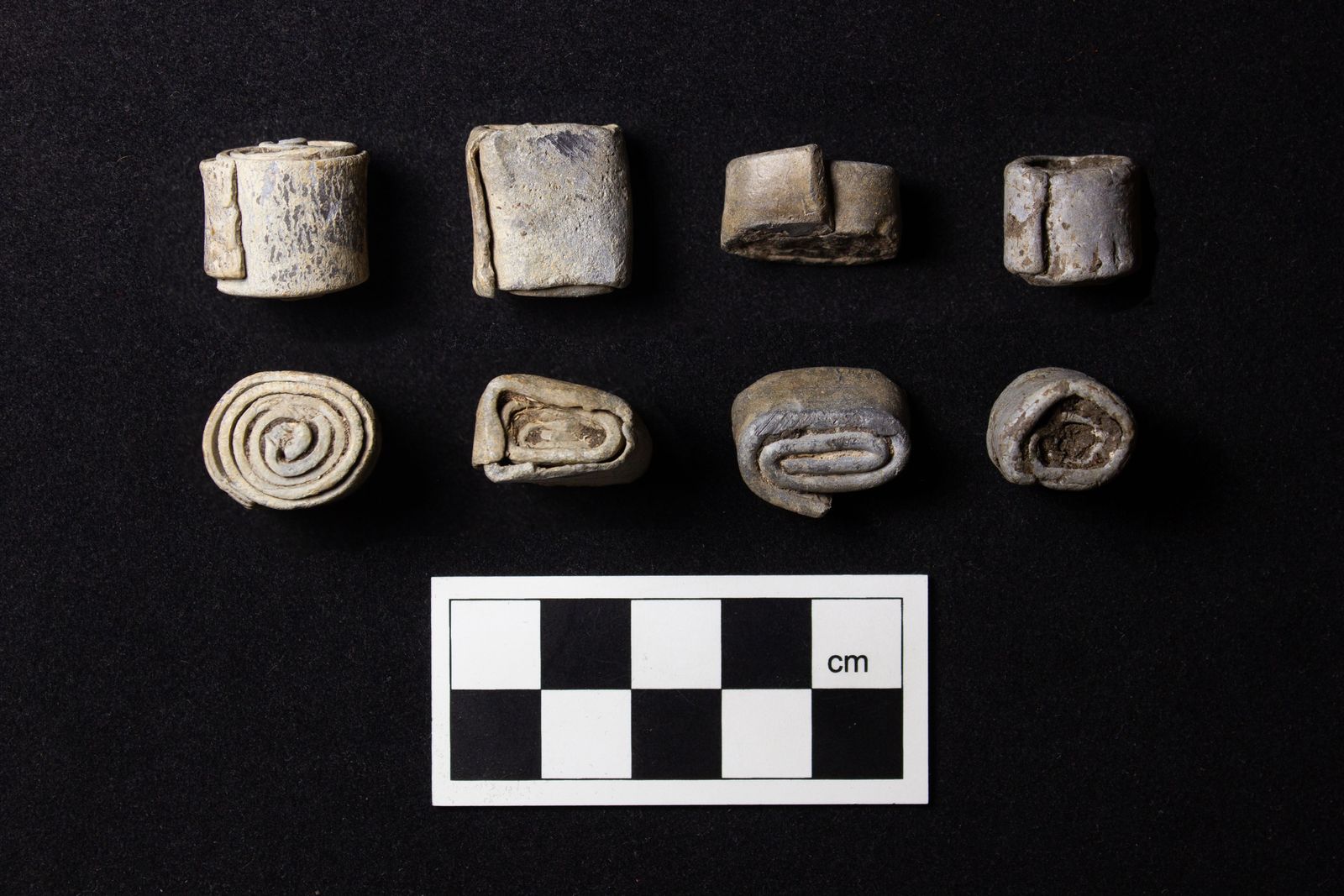Archaeologists have uncovered a “richly decorated” Roman villa complex during excavations in the English countryside. The site contained strange artifacts—such as miniature axes and scrolls—that may have once been used in rituals.
Located in the village of Grove, some 60 miles west of London, the area had been occupied since the Bronze Age, according to a statement from the Red River Archaeology Group (RRAG), which organized the dig.
The newly discovered complex wasn’t built until Britain’s Roman era: It included several “hall-like ‘aisle buildings,’” which date to the late first and second centuries C.E., as well as a “winged-corridor” villa.
…
In addition to their size, these structures were impressive for their intricate decorations. Live Science’s Jennifer Nalewicki writes that the buildings were “embellished with painted plaster, mosaics, ornate tile work, colonnades, brick floors and other ornamentations.”
…
The excavations also revealed a trove of artifacts, including brooches, rings, coins, tableware and a belt buckle decorated with horses. Researchers think the belt buckle, which dates to between 350 and 450 C.E., may have belonged to a member of the Roman elite, per the statement. The artifacts suggest that Romans occupied the area through the fourth or fifth century C.E.
“The site is far more complex than a regular rural site and clearly was an important center of activities for a long time, from the Bronze Age to the later Roman period,” says Giarelli in the statement.
…
Details about the villa residents’ lives remain elusive. The researchers still don’t know “where all the people ended up,” but they think the complex contains a burial, Giarelli tells CNN. Some curious objects found during the excavation also provide clues about the occupants’ spiritual practices.
According to the statement, researchers unearthed an “enigmatic assemblage of tightly-coiled lead scrolls.” Straightened out, the scrolls resemble Roman “curse tablets”—scraps of lead the Romans used to write messages to higher powers. The site also revealed several “miniature votive axes” during excavations. These are similar to a collection of miniature weapons once found in the village of Uley, thought to have been offered to gods like Mercury.
Oh because that’s what we need. More curses. Great.
Return the tablets or suffer the cuuurse.



